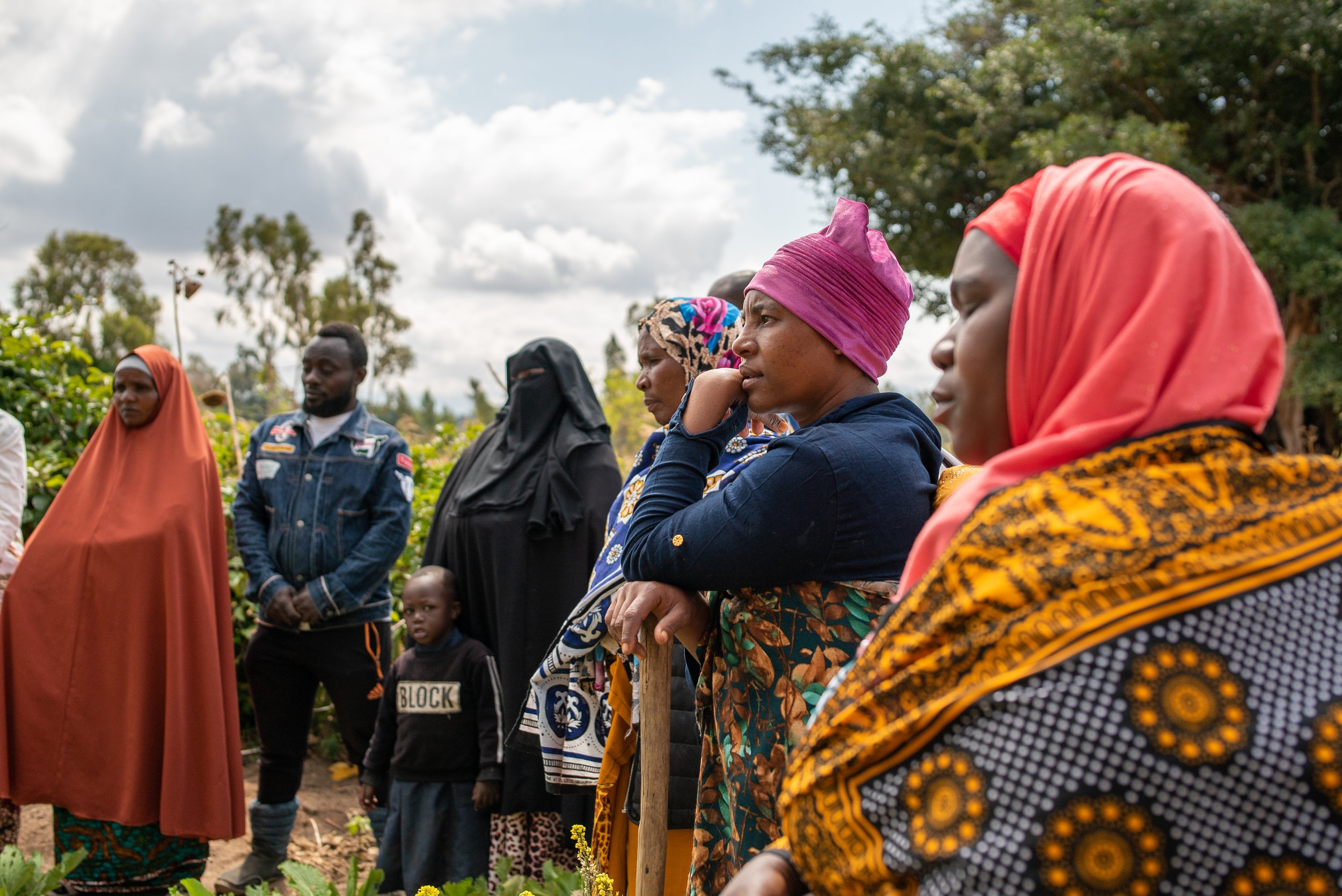Tanzania
Program Highlights
Climate Action
Climate change is one of the leading causes for loss of smallholder farmers' productivity. The effects of climate change, including erratic rainfall, soil acidity and soil erosion, lead to decreasing food and water security, soil productivity, crop yields, forest cover, and biodiversity.
We’ve taken steps to mitigate against the impacts of climate change through building resilient ecosystems that can withstand environmental shocks. These includes adoption of climate smart agriculture our initiative includes development of forest garden to enhance biodiversity, improve soil health and sequester carbon, integrated soil fertility management such as application of lime to reduce soil acidity, crop rotation and intercropping and crop diversification and usage of drought tolerant varieties with aim to mitigate climate impact, enhance food security and promote sustainable agriculture development. CAP empowers farmers to maintain and protect existing natural resources while improving and re-building degraded systems wherever possible.
FOREST GARDEN PROJECT
In Iringa, Tanzania Community Agribusiness Partners (CAP) and Trees for the Future worked together to promote sustainable agriculture practices, environmental stewardship and natural regeneration within rural communities in the Iringa region of Tanzania. For three years, the project was implemented through leveraging both organizations combined expertise to create lasting climate impact. Through this project, 2,304 farmers in 144 groups have planted over seven million trees and 1,440 forest vegetable gardens, demonstrating a commitment to environmental conservation and community and economic development.
The Forest Garden model aims to break the cycle of poverty, hunger, and environmental destruction in the restoration of landscapes in developing communities positively contributing to climate smart agriculture, regenerative farming, socio-economic welfare and improved nutrition.
Community Managed Seed Supply Systems
The community managed seed supply system is community led initiative that addressees seed challenges among the farming communities. Community Agribusiness Partners works through farmer-leaders to ensure strong and sustainable farmer grower clubs, groups and cooperatives.
In partnership with the Syngenta Foundation for Sustainable Agriculture’s AVISA project, Community Agribusiness Partners (CAP) has brought together partners including Tanzania Agriculture Research Institute (TARI), unions of co-operatives - including quality declared seed producer groups and grain producers in Iringa, Songwe and Ruvuma region in Tanzania. “CAP put the co-operative unions at the center of their model certified by Tanzania Official seed certification institute (TOSCI) to multiply early generation seeds. 3 cooperative unions have been certified serving more the 87 agricultural marketing cooperatives societies with more than 42,000 farmers. 181 Hub farmers working as seed dealers have been trained and certified as seed producers by TOSCI.
Community Trading Desks
A trading desk is a unit or department within a cooperative society or cooperative union where agricultural commodities are sold and purchased to provide market information liquidity. One of the main functions of a trading desk is to find market information related to prevailing prices of agricultural commodities relevant to farmers. This work has led to increased value of crops sold collectively through cooperatives and strengthened collective selling through agricultural marketing cooperative societies.
OUR IMPACT
7 million
trees planted and 1,440 forest gardens established in partnership with farming communities and Trees for the Future
187 jobs
and businesses established by farmers who were certified by Tanzania Official Seed Certification Institute (TOSCI) to multiply and sell seeds
87 coops
and 3 unions are actively engaging in trading desks and growing their farm businesses









